News

10 Ways BU Researchers Could Revolutionize Cancer Care
These innovative, potentially lifesaving projects could transform cancer prevention, treatment, and care. More

Quantum Analysis Paper Earns Accolades from Top Journal
Professor Luca Dal Negro's joint paper in Physical Review B was selected as an Editor's Suggestion. More
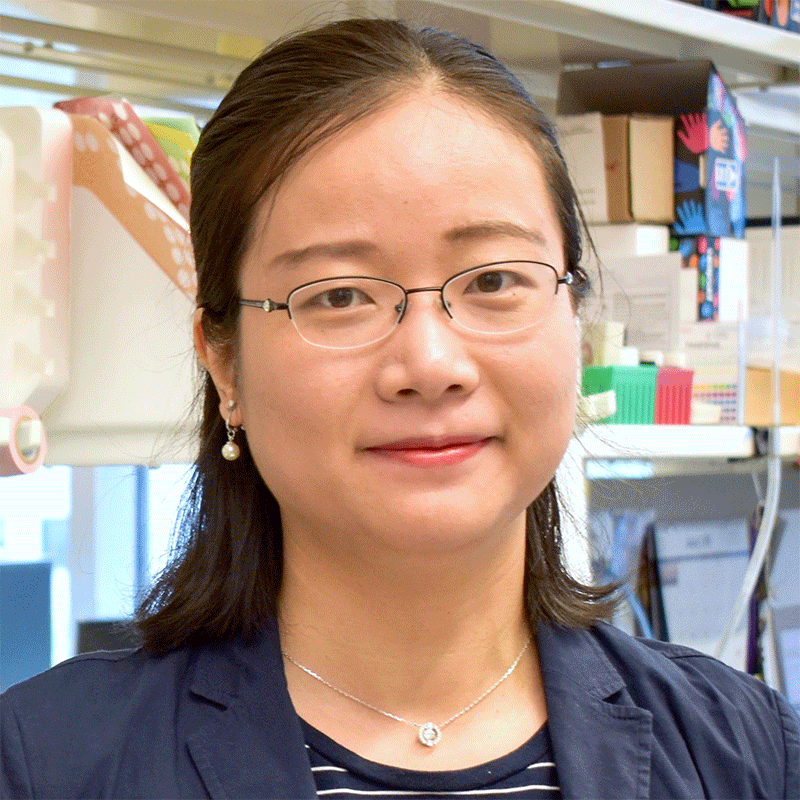
Liangliang Hao Wins Innovation Award for Research into Lung Disease
Assistant Professor Liangliang Hao (BME) received the Innovation Award from the American Lung Association for her research project titled Developing Innovative Early Detection Test for idiopathic pulmonary fibrosis (IPF), a serious lung disease that is relatively understudied. The ALA’s Innovation Award is intended to support highly promising investigators with stellar track records of accomplishment, who have the potential to advance the field of lung disease science. More

With New Technology and Innovative Treatments, BU Cancer Research Is Saving Lives
The inventions of ENG and other BU researchers are being used to help prevent and treat cancer right now. More

Meet the Case Scholars
The ENG recipients of BU's prestigious Case Scholarship are working on solutions in the lab, and making engineering education accessible. More
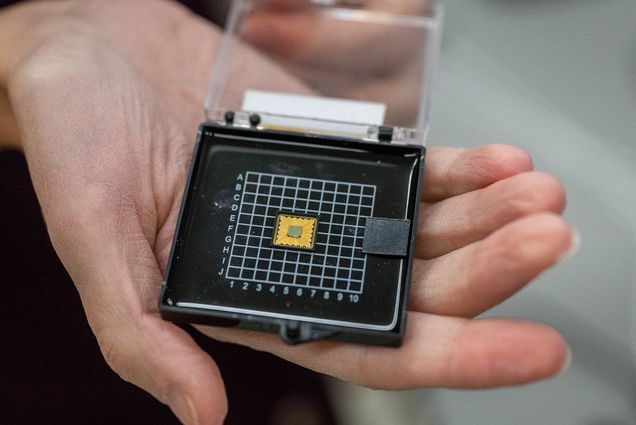
BU Engineers Are Helping to Bring Semiconductor Production Back to the US
Ayse Coskun highlights chip technology research at BU. More
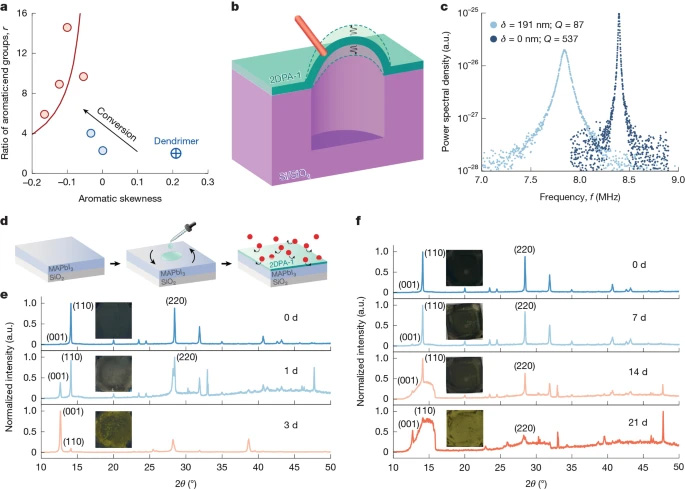
A Polymer That Defies Nature: The First Molecularly Impermeable Plastic
For decades, scientists believed all plastics shared one unavoidable weakness: no matter how dense or strong, gases could always slip through. Even the toughest polymers, from bulletproof Kevlar to everyday food packaging, may look solid, but at the molecular level, tiny gas molecules can still sneak through. That’s why potato chips go stale and packaged food loses its crispness. Now, a collaboration between researchers at Boston University’s College of Engineering, MIT, the University of Texas at Austin, the University of Massachusetts and the National Institute of Standards and Technology, has overturned that assumption. In a study published today in Nature, the team reports the discovery of the first polymer that is molecularly impermeable; a man-made material that acts as a perfect barrier to gas molecules. More

Batmanghelich, Ohn-Bar Earn NSF CAREER Awards
The award will propel the research of rising stars in ECE. More
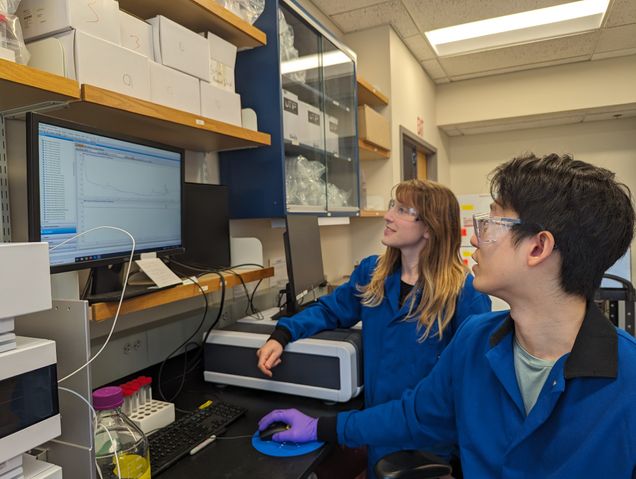
Nanomaterials and Vaccine Research Earns CMBE Rising Star Award
Michelle Teplensky was awarded the Biomedical Engineering Society’s 2026 Cellular and Molecular Bioengineering Rising Star Award. More
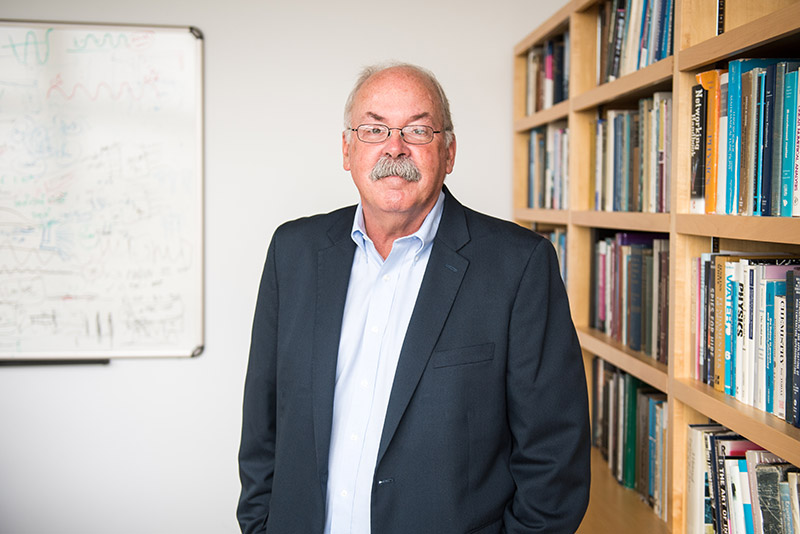
David Bishop wins prestigious prize for his contributions to understanding superfluids
David Bishop was awarded the 2026 Oliver E. Buckley Condensed Matter Physics Prize on November 5, 2025, for groundbreaking experiments that uncovered the role of vortices in the superfluid phase transition in helium films and observed anyonic braiding statistics of quasiparticles in the fractional quantum Hall effect, thus establishing the significance of topological excitations in two-dimensions. More
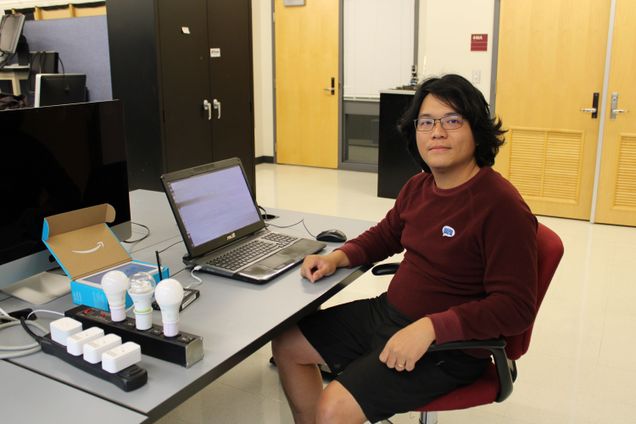
Master’s Student Advances Research on Zigbee Network Privacy
System Engineering master's student Yishun Xiong researches how to improve the detection of communication between connected devices. More
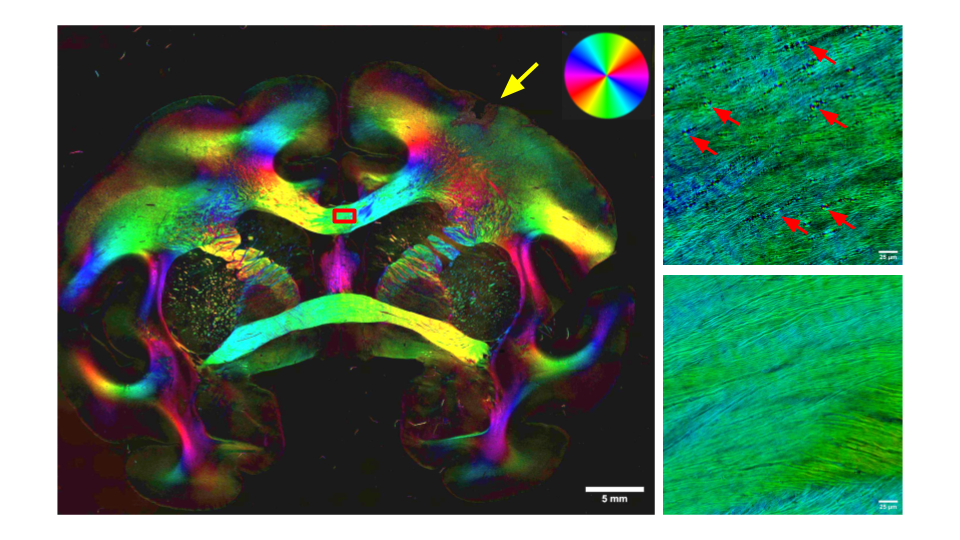
Recent ENG PhD Helps Develop Highly Sensitive Imaging Technique to Detect Myelin Damage
In a new study from Boston University Chobanian & Avedisian School of Medicine and BU’s College of Engineering, researchers used a special microscope called birefringence microscopy (BRM) paired with an automated deep learning algorithm to reliably count and map myelin damage across whole sections of the brain—something not feasible with other techniques. The ability to image and measure damage to myelin will lead to better understanding the patterns and extent that occurs with disease, injury and normal aging. More
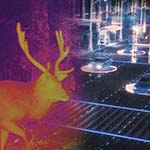
Matters of Perception
Professor Goyal receives funding for long-distance 3D imaging and atmospheric sensing. More

Accelerating Progress with Self-Driving Labs
Materials researchers shared successes and challenges with automation. More

Quantum Research, Getting Warmer
Swan study unlocks the key to room-temperature superfluorescence. More
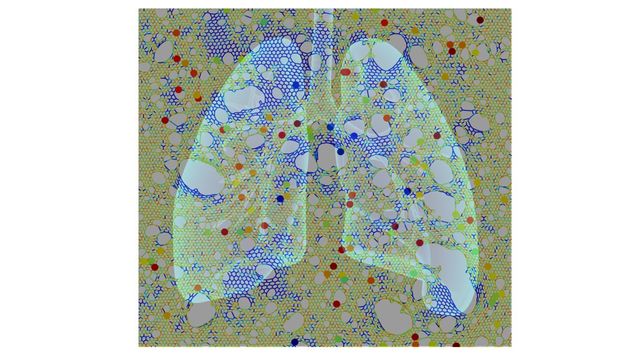
Building Virtual Laboratories for the Lung
Suki has co-authored what promises to be a foundational text on modeling for pulmonary researchers. More

Emily Ryan named Duan Family Faculty Fellow
Emily Ryan, (ME, MSE), has been named a Duan Family Faculty Fellow by BU's Faculty of Computing and Data Sciences. More

Biomedical Engineer Christopher Chen Elected to National Academy of Medicine
Christopher Chen, the William F. Warren Distinguished Professor of BME and MSE has been elected to the National Academy of Medicine. More

Seven ENG Faculty Honored for Real-World Impact Research
The annual Ignition Awards honor innovative BU projects that are ready to make the move toward commercialization, from the research phase to consumer use. Given by... More

Illuminating Energy-Efficient AI
Supported by a $1.5M NSF grant, Professor Ajay Joshi is exploring the development of novel electro-photonic computing architectures that could perform as well or better than conventional electronic GPUs. More
